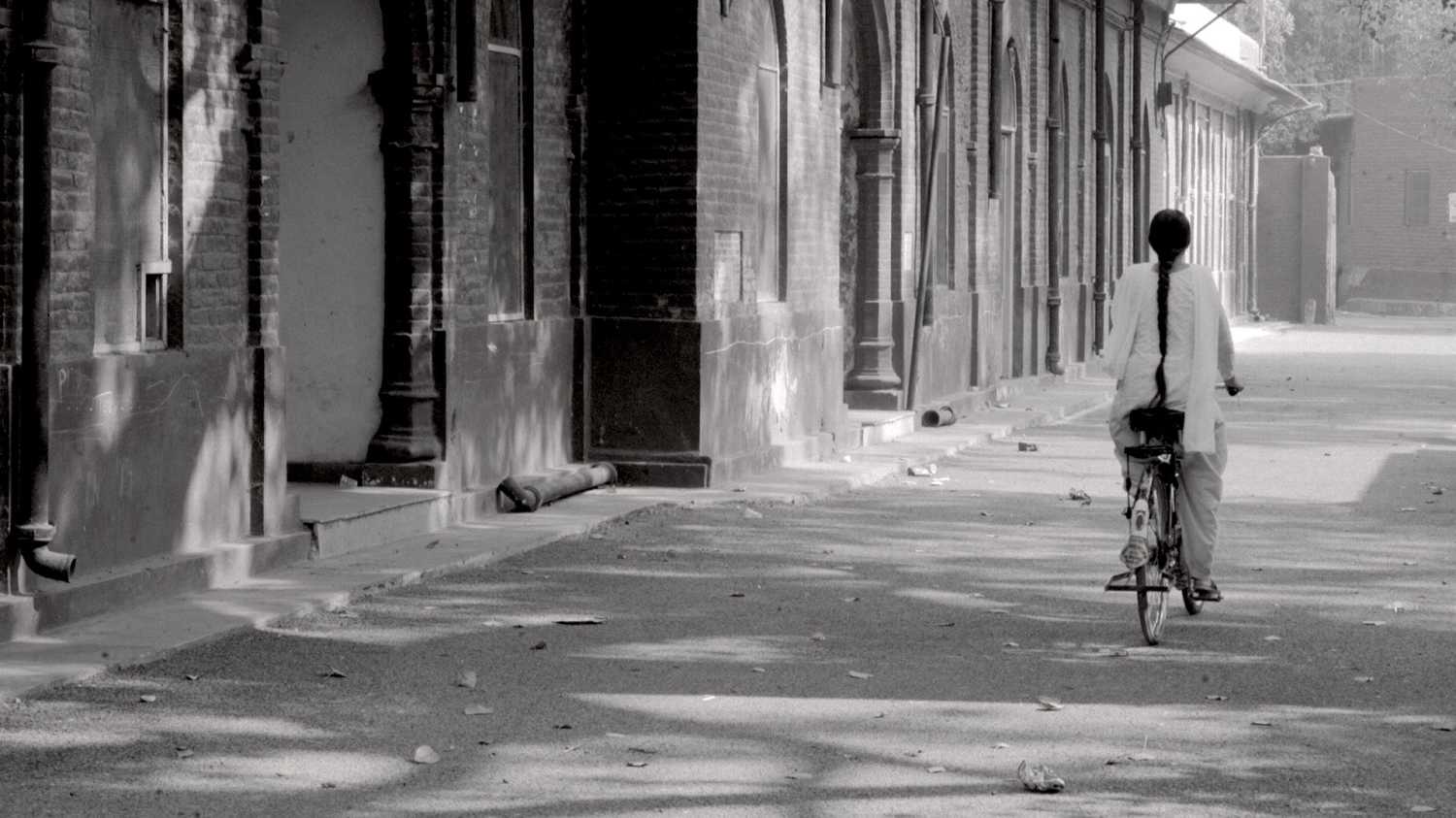The documentary traces the quiet rebellion by two Muslim women, Sughra Fatema and her niece Khadija Ansari, who resisted patriarchy in their own ways.
Evocatively excavating personal rebellions: Uma Chakravarti’s Ek Inquilab Aur Aaya
New Delhi - 05 Mar 2018 5:18 IST


Sukhpreet Kahlon
Historian turned filmmaker Uma Chakravarti’s documentary recreates the milieu of Lucknow between 1920 and 1949, specifically that of Firanghi Mahal, an institution for rationalist Islamic scholarship founded in the late 17th century. While the men were engaged in the political churn taking place in the country, the women of the mahal lived a very different, closeted life.
Within this realm was staged a quiet rebellion by two women, Sughra Fatema and her niece Khadija Ansari. Though not publicized or even chronicled, the personal rebellion of these two women, which subverted patriarchal authority in different ways, was nonetheless significant and inspiring.
A bastion of Islamic scholarship, Firanghi Mahal’s significance in producing scholars and poets of renown is foregrounded in Chakravarti’s film as the rich cultural milieu in which these women were born. It was also the place which they were expected never to leave, even being buried within the premises. The curtailment of the desire for education, for a life beyond the walls of the mahal, is captured evocatively through the narratives of the women of Firanghi Mahal.
Sughra Fatema wrote poetry to express herself and her verses are testimony to her extreme loneliness. This only mode of expression available to her is also snatched away and only Fatema’s rebellious compositions linger on, somewhat remembered by future generations.
In contrast, her niece, Khadija Ansari’s rebellion is much more open. Born in the backdrop of the rise of Communism and nationalist fervour, she joins the Communist Party, participates in protest marches, goes to jail, and gets married to a Hindu, making a determined break from the life that she would have been made to live.
Why you should watch the film
Uma Chakravarti’s soul-stirring film brings to the fore the lives of women that would have otherwise gone unnoticed. She recreates the rebellion of both Fatema and Ansari, bringing to the fore nuances in the lived experiences of women who dared to venture out of the boundaries set for them. In doing so, the filmmaker also, significantly, etches out a history of Muslim women that goes beyond the stereotyping of a life lived behind the purdah.
The stories of both women are enlightening and empowering, as they are about women who chose to live life beyond the confines that patriarchy had imposed upon them. One chose expression through art while the other openly defied all norms.
Ek Inquilab Aur Aaya: Lucknow 1920-1949 will be screened on Tuesday 6 March 2018 at the India International Centre, New Delhi, as part of the 14th IAWRT Asian Women’s Film Festival.
Related topics
IAWRT Asian Women's Film Festival
